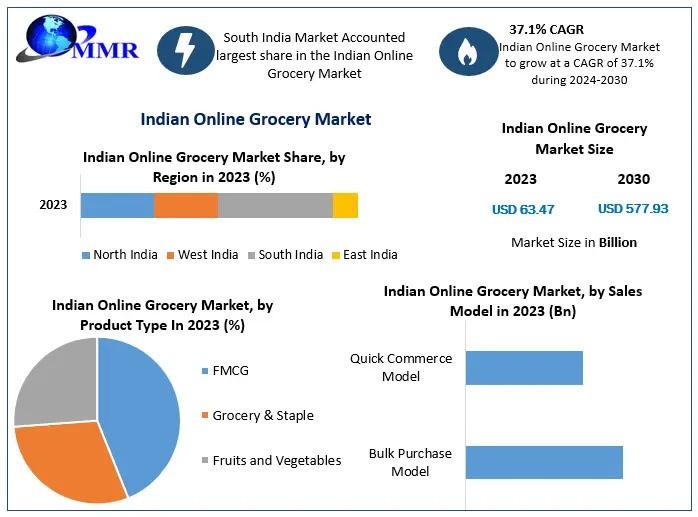Summary
Two leading food manufacturers, U.S.-based Winland Foods and Italy-based La Doria, have combined to create Windoria Top Holding Ltd. (Windoria).
The merger of Winlands U.S. presence and La Dorias Italian expertise will allow Windoria to offer a vast range of products, a resilient supply chain, an…
Source: Store Brands

AI News Q&A (Free Content)
Q1: What are the potential benefits of the merger between Winland Foods and La Doria in terms of their global supply chain resilience?
A1: The merger between Winland Foods and La Doria is expected to enhance global supply chain resilience by combining U.S. and Italian expertise. This strategic consolidation will likely lead to a more robust and diversified product range, optimizing logistics and distribution networks across continents. Such a merger can mitigate risks related to supply chain disruptions by leveraging a broader geographic footprint and diversified sourcing strategies, thereby ensuring consistent product availability and potentially reducing costs.
Q2: How does the concept of supply chain resilience apply to the food industry, particularly in light of recent global challenges?
A2: Supply chain resilience in the food industry refers to the ability to adapt to disruptions and maintain supply continuity. Recent global challenges, such as the COVID-19 pandemic, highlighted the importance of resilience. Food supply chains need to be flexible and adaptive, utilizing innovations such as AI to predict demand and optimize production. The resilience framework involves enhancing system robustness and adaptability, ensuring that food supply can withstand unforeseen events without significant disruptions.
Q3: What role does technological innovation play in enhancing the resilience of food supply chains?
A3: Technological innovation plays a critical role in enhancing the resilience of food supply chains by improving efficiency and safety. AI technologies, such as machine learning and deep neural networks, are employed to streamline food production, energy management, and accurate food labeling. These innovations help in predicting demand, optimizing resource allocation, and reducing wastage, thereby making supply chains more adaptable and less susceptible to disruptions.
Q4: Can you describe how the merger of food companies like Winland Foods and La Doria impacts their product offerings and market reach?
A4: The merger of Winland Foods and La Doria expands both companies' product offerings and market reach. By combining their respective strengths, the new entity, Windoria, can offer a wider variety of products, catering to diverse consumer preferences. This expanded product line can attract a larger customer base, increase market share, and enhance competitive positioning in the global food industry.
Q5: What are some of the challenges food companies face in maintaining a resilient supply chain, and how can mergers help address these challenges?
A5: Food companies face challenges such as fluctuating demand, supply disruptions, and regulatory compliance. Mergers can address these issues by pooling resources, optimizing logistics, and diversifying supply sources. A larger, combined entity can better withstand market volatility and negotiate favorable terms with suppliers, thereby enhancing overall supply chain resilience.
Q6: How has the application of AI in food supply chains improved their efficiency and safety?
A6: AI applications have significantly improved the efficiency and safety of food supply chains by enabling precise demand forecasting, optimizing production schedules, and enhancing quality control. Technologies like deep learning and neural networks facilitate real-time data analysis, enabling quick adjustments to supply chain operations. This leads to reduced waste, improved product quality, and enhanced safety standards across the supply chain.
Q7: What are the implications of the Winland Foods and La Doria merger on the private label food sector?
A7: The merger of Winland Foods and La Doria into Windoria is likely to have significant implications for the private label food sector. By combining their expertise and resources, the new entity can offer competitive pricing and a broader product range under private labels. This can strengthen their presence in the private label market, allowing them to capture a greater share of the growing demand for affordable, high-quality private label products.
References:
- The impact of COVID-19 on the UK fresh food supply chain
- Measuring Network Resilience via Geospatial Knowledge Graph: a Case Study of the US Multi-Commodity Flow Network
- AI-enabled Efficient and Safe Food Supply Chain
- TreeHouse Foods
- Prince Spaghetti
- C.F. Mueller Company






